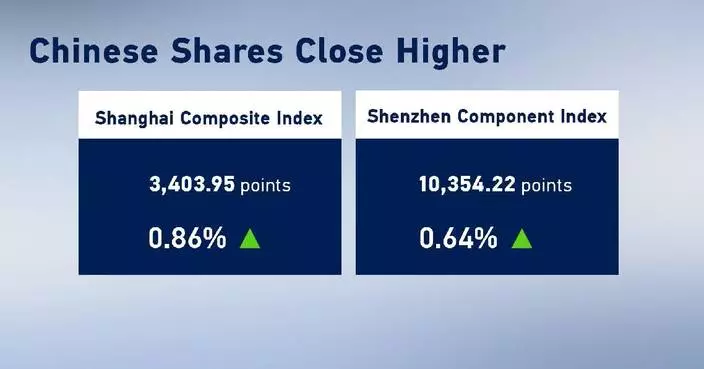China's 41st Antarctic expedition has reached a significant milestone with the arrival of the research icebreaker Xuelong 2 (Snow Dragon 2) and cargo vessel Yong Sheng at Qinling Station, China's fifth research station on the continent.
The unloading of supplies is expected to take five days. The cargo includes 6,021 tons of logistics supplies, construction materials, research equipment, and fuel to support the operation of Qinling Station. The operation is being carried out by barge, with some materials and waste expected to be transported back to China.
The 41st Antarctic Expedition mission started on Nov 1 and will last nearly seven months and is being carried out by three ships, including Xuelong, Xuelong 2, and Yong Sheng.
During the expedition, researchers will build the supporting infrastructure for the Qinling Station, investigate the impact of climate change on the Antarctic ecosystem, and conduct international research and logistics cooperation.

Chinese expedition ships start unloading after reaching Qinling Station in Antarctica

Chinese expedition ships start unloading after reaching Qinling Station in Antarctica

Chinese expedition ships start unloading after reaching Qinling Station in Antarctica
As China's elderly population grows, shopping malls in Shanghai have actively adapted part of their services to cater to the needs and preferences of elderly consumers, tapping into silver-haired consumer market.
This trend reflects the city's efforts to enhance elderly care services amid the population aging. By the end of 2023, people aged 60 and older reached 5.68 million in Shanghai, representing a whopping 37.4 percent of the city's total population.
A shopping mall on the downtown Nanjing East Road pedestrian street has opened a dedicated club for senior citizens, offering a diverse range of activities from the operation of health workshops to traditional handicraft classes.
"I gain a lot every time I come here. I can participate in various club activities and also exchange knowledge and everyday life hacks with others," said Fu Meilin, an elderly resident.
The mall houses nearly 60 time-honored brands, along with dining and entertainment options suited to senior citizens.
Another business district in Shanghai's Putuo District has adopted a different approach, focusing on attracting retirees during weekdays while catering to younger shoppers on weekends.
Restaurants offer affordable off-peak meal deals priced under 100 yuan (about 13.88 U.S. dollars), attracting a large number of senior customers.
To ensure a convenient and enjoyable shopping experience for the elderly, many shopping malls have conducted age-friendly renovations, including providing comfortable seating areas, accessible restrooms, and consumer guidance services for the elderly shoppers.
Driven by the population aging, China's "silver economy" has shown vast growth potential, with the market currently estimated at around seven trillion yuan and projected to reach a 30 trillion yuan by 2035.

Shopping malls in Shanghai adapt to cater to growing 'silver economy'























































